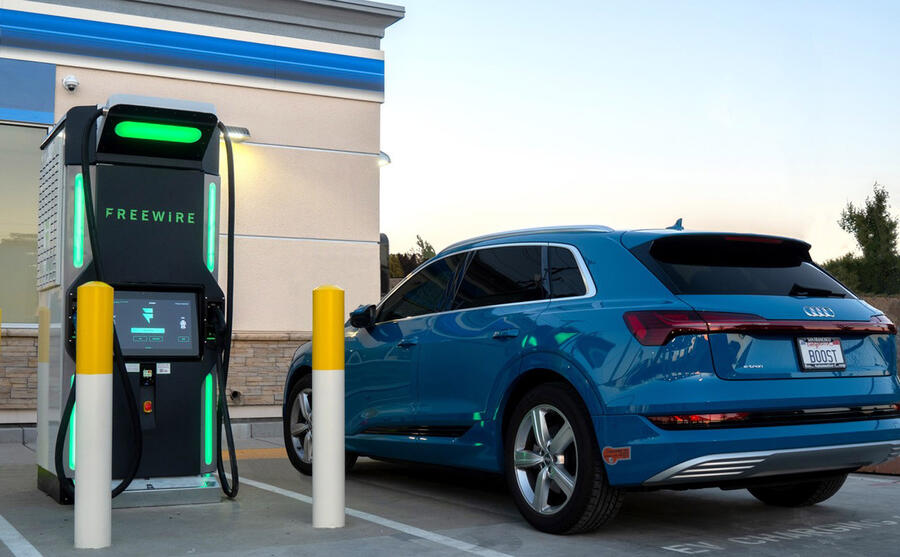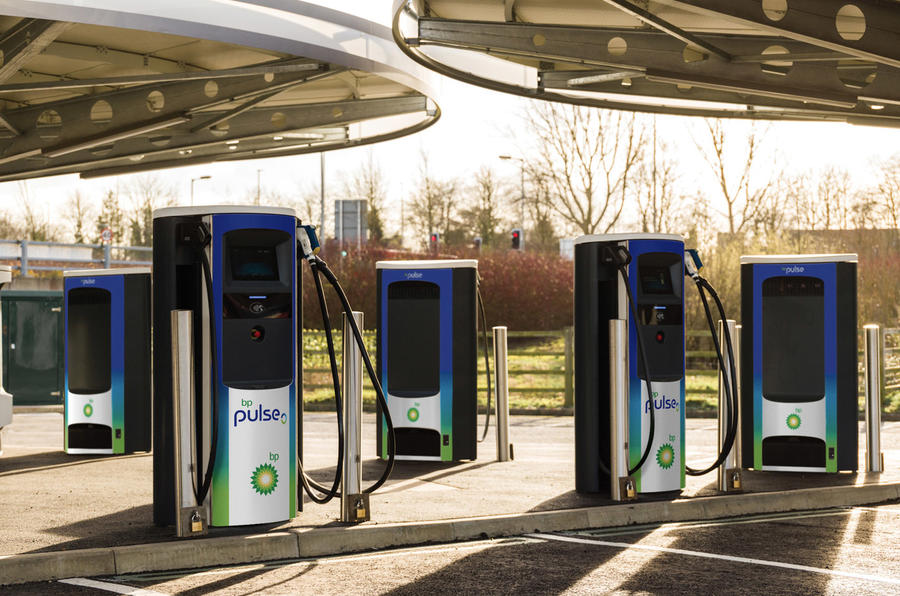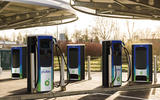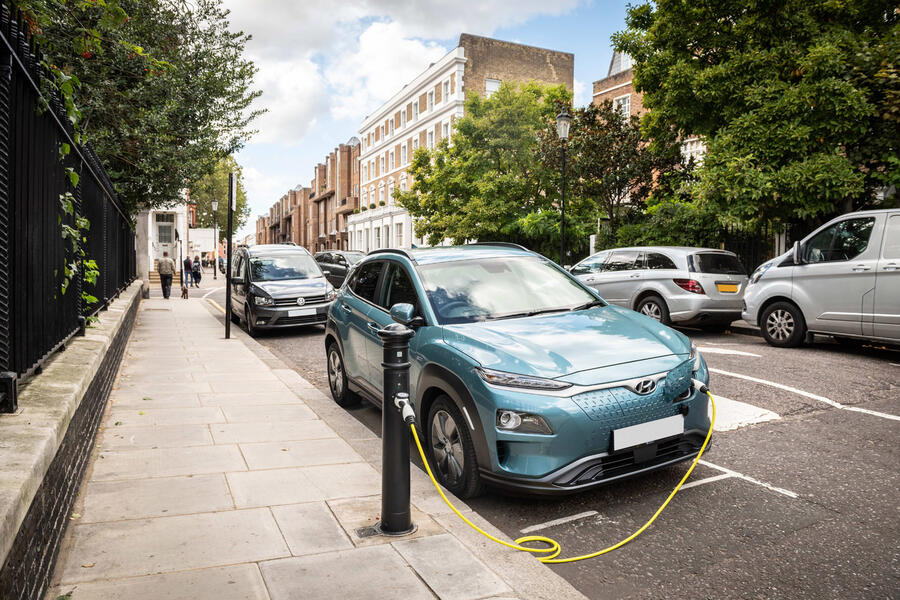Ten years ago, electric vehicles were mainly on the agendas of Nissan and a small group of start-up companies that included Tesla. Today, the ‘legacy makers’ are catching up rapidly; Audi, BMW, Hyundai, Kia, Renault and Volkswagen are all significant players in the EV space.
In parallel, new innovators have arrived to provide EV charging, such as Ecotricity, Gridserve and Instavolt, with little sign of the traditional oil companies as we adapt to new ways of refuelling our vehicles. Now that’s all set to change.
According to BP, the share of oil in transport is likely to peak towards the end of the 2020s. Although it could remain at 80% in countries that continue with internal combustion, its use could fall to as little as 20% by 2050 in countries with net-zero targets, such as the UK.
It therefore goes without saying that oil companies are concerned about their future revenue. Many will switch to refining carbon-neutral synthetic fuels by 2050, but giants such as BP and Shell are now becoming major players in the EV charging field, just as established car makers are taking over the EV market.
The oil giants’ move into EV charging has been warmly received in many quarters.

For instance, UK transport minister Rachel MacLean told Autocar: “The government envisions a market-led, self-sustaining network of charging infrastructure that’s accessible, reliable and affordable for all drivers. We welcome the investments made by BP and Shell as we work towards meeting our ambitious net-zero commitments.”
It has also been welcomed by users, according to Ben Lane, the joint-managing director of Zap-Map. “I think it’s really good news for the EV sector that the big oil companies are making a move in the direction of EV,” he told Autocar. “I think they’ve been a little bit slow off the mark, primarily because to an extent they’re going to be cannibalising their own business models.











Join the debate
Add your comment
Synthetic liquid fuels will still cause air pollutionYou can't burn things without causing pollution, so it's unlikley that any combustion cars have a future - even when burning synthetic fuel.
Yes but the country already has a national, grid paid for by taxation, so why do we need to pay 3rd party people using "our grid" ? The oil companies need to negotiate with the government about the "supply side" of things however the "distribution side" is already a public utility. When something has no more use or becomes outdated the company will go out of business that's the way it works unless they can find another source of revenue or diversify.
If you say something over and over, it doesn't become true.
These companies and this Government need to open their eyes.
This is woke posturing, with zero financial viability.
The Government are destroying their tax base, and the oil companies are embracing their own demise.